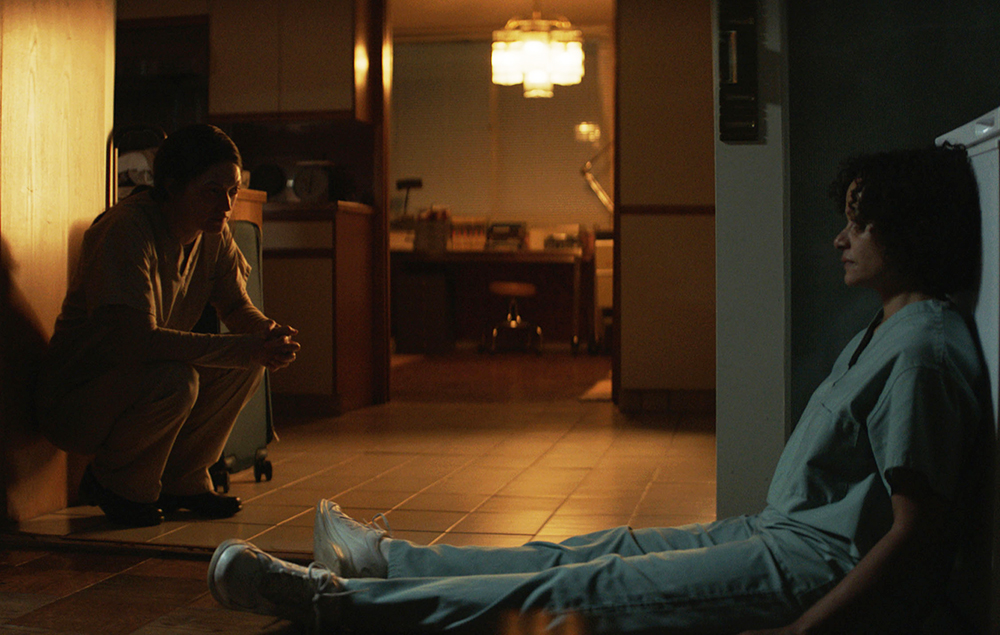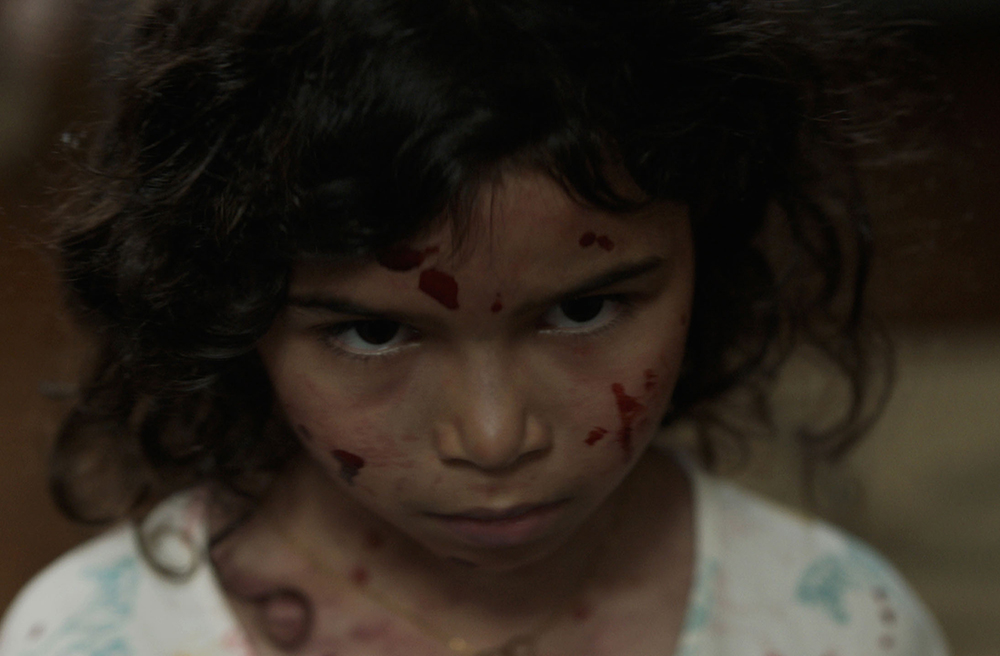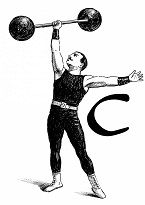Mary Shelley’s “Frankenstein” has inspired many filmmakers to create their own versions of that classic 1818 story. It illuminates their paths to make films that reflect on life and death, as well as a man playing the role of god via creating or destroying. That is the main crux. Dr. Frankenstein tended to fail in his responsibility to care for the creature he had made. He didn’t guide him through this mad world. And when the monster returns to him after he’s been described as a monster by the people who come across him, the doctor fails to atone. It is fascinating how one could fix and shape up such a story that touches upon some of life’s most prominent themes. Guillermo del Toro is one of the most notable directors to take inspiration from the famed piece of literature. Via his creations (the monsters, sprites, spirits, and wooden puppets), del Toro finds different ways to express the ideas of Mary Shelley’s story.
Laura Moss Takes on Reanimation
The latest director motivated to create a rendition of the tale is Laura Moss, with her film “birth/rebirth” playing in the ‘Midnight’ section at this year’s Sundance Film Festival. And it has some tricks up its sleeve. Where does she switch up the story? Moss intertwines the element of birthing Frankenstein’s monster with a narrative about anguish caused by maternity. There are many ways you can play with this, and that is what interested me the most. It mostly takes inspiration from the 1985 horror classic, Stuart Gordon’s “Re-Animator.” However, it doesn’t indulge much in the crazy gore or practical effects madness. Moss’ “birth/rebirth” is more subdued than “Re-Animator,” but Moss doesn’t shy away from demonstrating some icky things.
Knowing that Laura Moss is a crafty director (as seen in her previous film “Fry Day”), I anticipated this project with some regard. The main reason I was excited is that it had Marin Ireland in the cast. While these ideas might be enticing, as there might be a sense of horrific playfulness with its resolutions, some unfortunate drawbacks hold the picture back from its equally fascinating and horrific potential. Moss’ “birth/rebirth” starts with a loss. Not even two minutes have passed, and we see a dead body with its organs all out. The practical effects are fantastic; you can smell the nastiness from that medical examination. We later cut to a morgue technician named Rose (Marin Ireland, who I’m always excited to see on-screen). She enjoys working on corpses quietly without interruption. Of course, this already gives an odd impression of her character.
Lacking the Camp or Themes of Other ‘Frankenstein’ Adaptations
Rose has a lingering obsession which gives an odd impression. What is she hiding? Rose is currently researching a way to reanimate the dead. She’s like the Herbert West (the main antagonist in “Re-Animator,” played by Jefferey Combs) of this story, played perfectly by Marin Ireland, yet without much campiness in her performance compared to Combs. Willing to do whatever it takes to achieve this pernicious goal, mad scientist Rose takes a grieving mother, Celie (Judy Reyes), under her wing because she’s just as desperate as her. Because of an unexpected illness, Celie suddenly lost her six-year-old daughter, Lila (A. J. Lister). Lila is now the perfect candidate for the first human she brings back from the dead. However, something even more wicked this way comes. They are trying to play “god,” but their search for the resurrection will cost them everything.

There’s a lot to admire from Laura Moss’ “birth/rebirth,” especially the risks it tells in its story. How she reimagines the classic horror myth is fresh and exciting. It paves the way for complex psychological dynamics because these two women are trying to control vitality and demise, which is the essence of human existence — the thing that gives life its meaning. On paper, it would sound like a total success. And in a way, it is, at least acting-wise. Marin Ireland demonstrates that she could be a hidden gem in every film (mainly horror or thriller). In addition, Judy Reyes gives it her all in a pretty tricky role that explores a wide variety of emotions and changes of hearts. Yet, “birth/rebirth” fails when it fails to make any lick of sense or expand on its themes on a broader level.
A Lack of Tension and Eeriness
It isn’t completely nonsensical, as there are far more ridiculous horror pictures around. Nevertheless, it begs the question of why it wants to keep exaggerating itself as its run-time continues. Moss takes time to develop the reasonings why the characters have this obsession to bring the dead back to life. And she throws the characters into interesting dilemmas and scenarios that might foreshadow a rich texture in its themes. Yet, it is, on most occasions, half-baked ideas with a slight exploitation swing. Its focus isn’t on scares particularly, although is when Moss demonstrates her artistic horror style. However, one would like to feel the tension and eerie atmosphere its story is pushing to reflect on the audience. Why’s that? The dynamics between “monster” and “creator” aren’t explored to the point where the audience isn’t scared, engaged, or fascinated by the characters.
If you are working with Mary Shelley’s work, that aspect needs to be appropriately handled. Without it, the essence of Frankenstein’s monster is lost. At least the closing credits have a decent soundtrack, with Lucrecia Dalt’s “Tar” accompanying it. I prefer to watch Paul Morrissey and Andy Warhol’s “Flesh for Frankenstein.”
“birth/rebirth” is currently playing at the Sundance Film Festival. The festival goes from January 19 – January 29. Join us for continual coverage.



